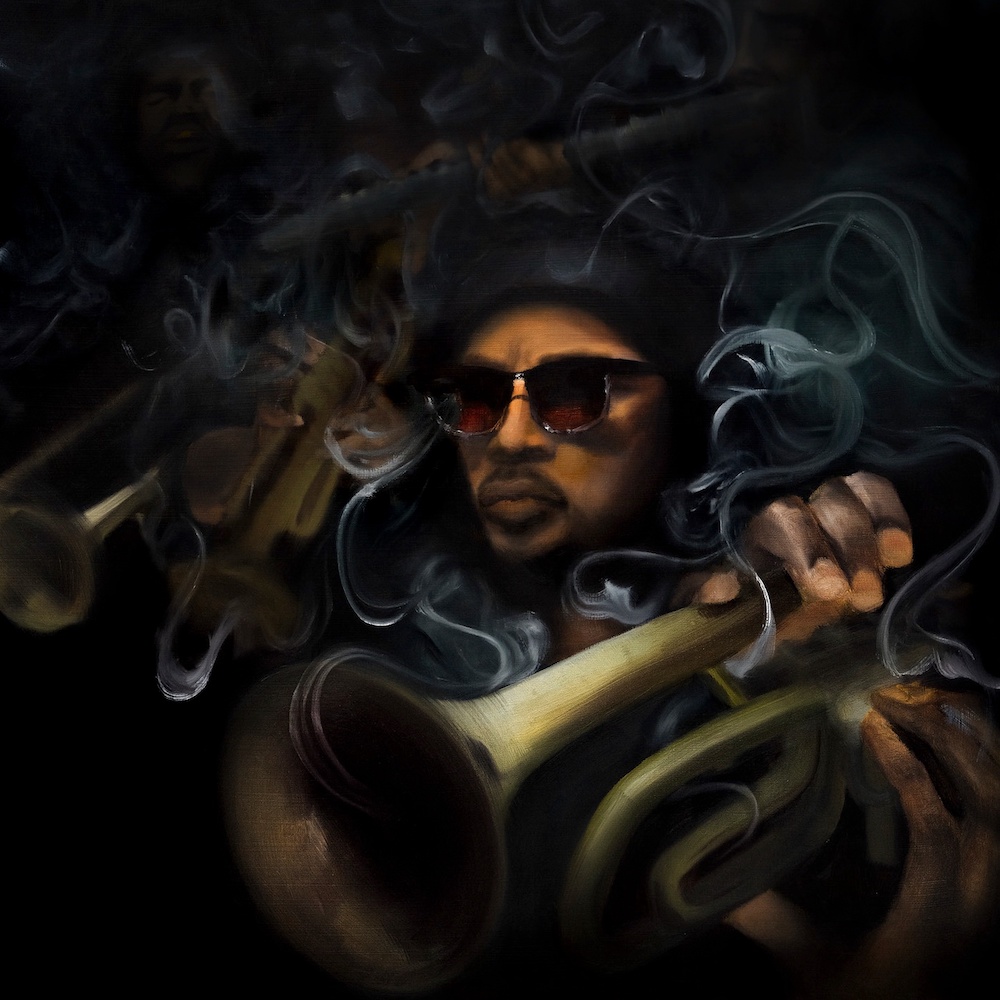Juicy J has been a staple in the rap game for decades. Once part of The Three 6 Mafia, an American hip-hop group formed in 1991, J has had a clear influence on both the underground hip-hop scene and the vibrant Memphis rap scene.
The popularization of the raw style and hard style can be heard in contemporaries such as NLE Choppa and Denzel Curry. It is a unique sound that he has built on, but never truly strayed from which is why his new album, “Ravenite Social Club,” was a surprising departure from his signature gritty style.
Instead, Juicy J opted to use jazz artists like Robert Glasper and Emi Secrest, and he sampled other songs to provide the musical framework for an album about his life. Hearing the social commentary from Juicy J on a jazz-rap beat with his signature production was incredibly unique. Here is a look into a few of the feature tracks on the album.
Track 5: “Everything All Good”
“Everything All Good” is a heartfelt celebration of life and family. He uses this song to reflect on how his family and life have changed from his younger days. More than once, we see Juicy J allude to the joy he felt in the simplicities of a family cookout or a day out at the arcade. The track highlights Juicy J’s gratitude for his family, friends and career.
Track 7: “Thought It Was”
“Thought It Was” is Juicy J showing off to his audience in his signature style. Expensive cars, lavish spending and high-priced flights — nothing out of the ordinary. But what we see under the surface is a critique of the greater music industry.
Juicy J includes an audio clip about the definition of an industry plant, in a way that can only be described as deliberate. When Juicy J is flaunting his wealth, it is because his money was earned with hard work and dedication.
Despite his flaunting, loyalty emerges as a key theme, highlighting the need for genuine support from those with you, which is especially interesting in contrast to the industry plants portion of the song.
Track 9: “The Past Is The Past”
In “The Past Is The Past,” Juicy J discusses moving forward. The repetition of “ain’t no sense of living in the past” reinforces the message that letting go and embracing a new chapter is the only way to move forward. Juicy J references his own journey, saying that his craft isn’t different, just his path.
This seems to be a reference to both the album as a whole and his life. Juicy J acknowledges Memphis by saying “everything I do I represent the hood,” which is even more powerful when considering the album’s messages, as it signifies the changes he wants to happen in his community.
Track 15: “To You” (feat. Robert Glasper and Emi Secrest)
This track is arguably the most emotional we see Juicy J, not just in the album but in his discography. The song begins with news snippets announcing the passing of Koopsta Knicca, Lord Infamous and Gangsta Boo, fellow Three 6 Mafia members alongside Juicy J.
There’s an emphasis on the difficulty with lyrics like “so much pain, it’s hard to cry.” The song serves as both a eulogy and a means of healing. We see Glasper and Secrest on this track in a much greater capacity, allowing the jazz to take a more somber feel.
Overall, Juicy J uses this album to showcase his status as a visionary artist. Through a combination of his usual swagger and heartfelt social commentary, we see a different side of him.
Rating: 4.5/5



